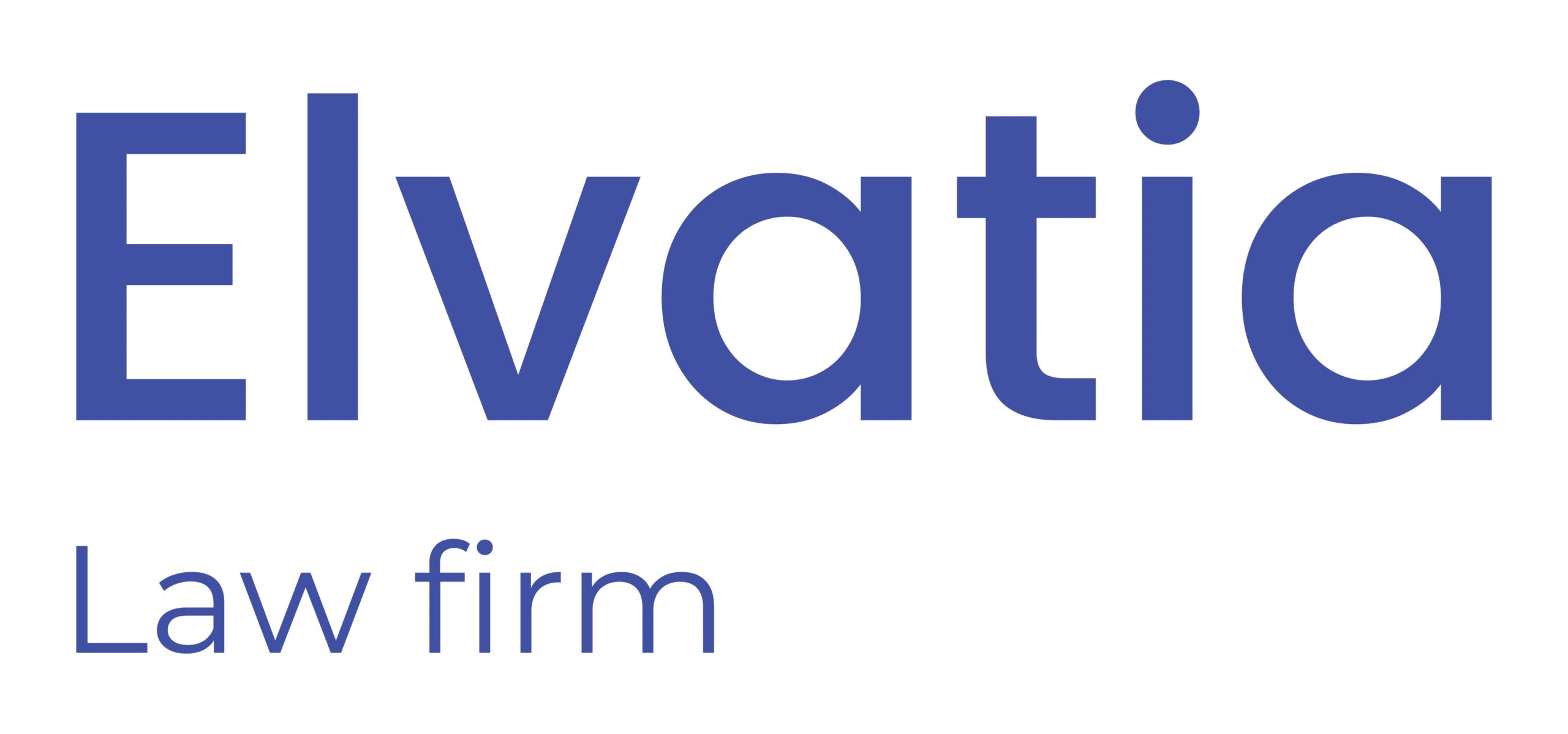Why Knowing Your Rights Matters
In Colombia, thousands of women contribute every day to the country’s economy, innovation, and social progress. However, despite the legal framework in place, many women still face workplace discrimination, unequal pay, or challenges related to pregnancy and motherhood. Knowing your rights is not only empowering, it’s essential to ensuring fair treatment, stability, and safety at work.
This article outlines the most important labor rights for women in Colombia and offers practical guidance on what to do if those rights are violated.
Key Rights Every Working Woman Should Know
1. Maternity Leave
Under Colombian law, all employed women are entitled to 18 weeks of paid maternity leave, starting one or two weeks before the expected due date. During this period, your salary should be paid in full, and your job must be held for your return.
This benefit applies whether you’re on a fixed-term, indefinite, or service provision contract, provided you’re contributing to the social security system.
2. Protection from Dismissal During Pregnancy and Maternity Leave
It is illegal to dismiss a woman due to pregnancy or during her maternity leave. In fact, if a termination occurs, the employer must prove just cause and obtain prior authorization from the Ministry of Labor.
If you’re dismissed without this process while pregnant or on leave, it may be considered discriminatory and invalid, entitling you to reinstatement and compensation.
3. Equal Pay for Equal Work
The Colombian Constitution and labor laws uphold the principle of equal pay for equal work. This means that women must receive the same salary as men for doing the same job, with the same responsibilities and qualifications.
If you’re being paid less than a male counterpart for the same work, you have the right to demand wage equality.
4. Right to a Harassment-Free Workplace
Every woman has the right to work in an environment free from sexual harassment, gender-based violence, or any form of workplace intimidation.
Employers are required by law to implement mechanisms for preventing, reporting, and addressing workplace harassment. If you are experiencing inappropriate behavior, it’s important to document the incidents and follow internal complaint procedures, or report the case to external authorities if needed.
What to Do If Your Rights Are Violated
If you believe any of your rights as a working woman have been violated:
- Document everything: Keep a record of dates, communications, and people involved.
- Speak up internally: Many companies have HR departments or ethics committees that must address labor-related complaints.
- Seek legal advice: Consulting a labor lawyer can help you understand your options and take appropriate legal action.
Resources and Complaint Channels
You are not alone. Here are some official channels where you can seek support:
- Ministry of Labor (Ministerio de Trabajo): Receives complaints and offers mediation services.
- Defensoría del Pueblo: Protects constitutional rights, especially in vulnerable cases.
- Comisarías de Familia: In cases involving violence or harassment with family implications.
- Legal aid clinics or private law firms, such as ELVATIA, specializing in labor and women’s rights.
Empowerment Through Knowledge
Understanding your rights is the first step toward protecting them. Whether you’re a new employee, expecting a child, or navigating a complex workplace situation, you deserve fair treatment and legal protection.
If you believe your rights have been violated, contact us for legal advice. At ELVATIA, we specialize in protecting the rights of women in the workplace and are here to help you find a path forward.




